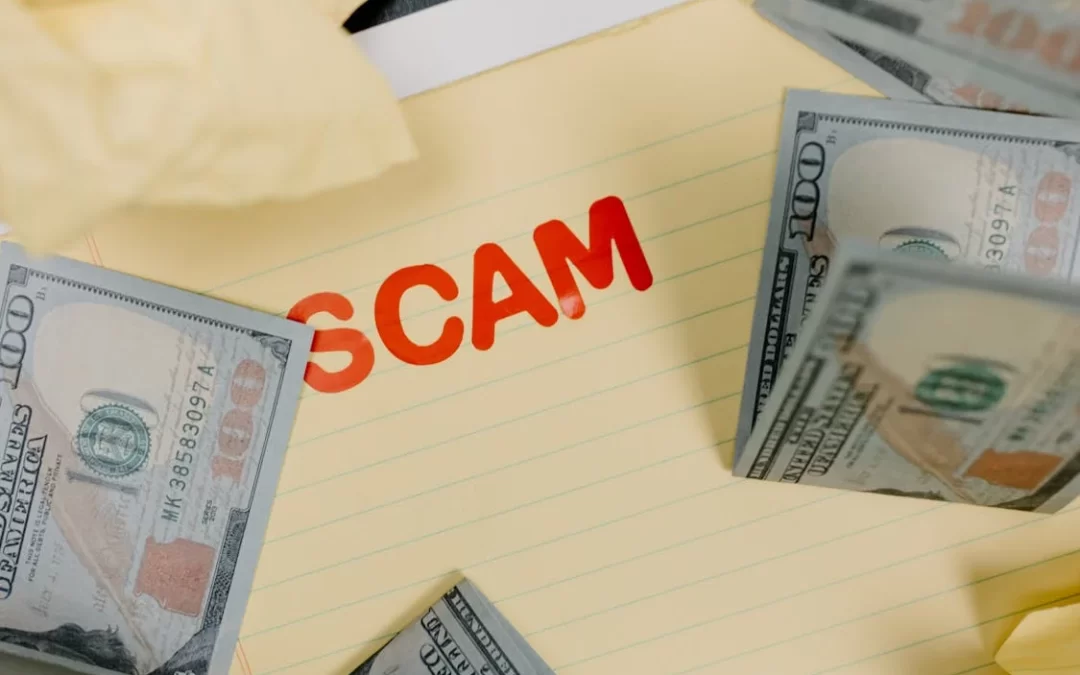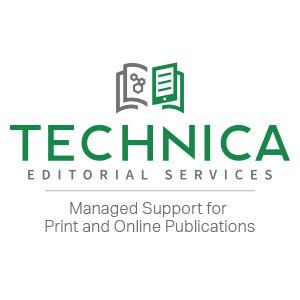 In today’s world, artificial intelligence (AI) is, slowly but surely, becoming just as much of a staple to the publishing industry as the internet. Its advantages include allowing the writing and editing processes to become faster, more streamlined, and, in some...
In today’s world, artificial intelligence (AI) is, slowly but surely, becoming just as much of a staple to the publishing industry as the internet. Its advantages include allowing the writing and editing processes to become faster, more streamlined, and, in some...
 “Publish or Perish” tends to be the unfortunate moniker of the scholarly publishing world nowadays. Experts have to publish their work (and in the right journal, mind you) to get the citations and recognition needed to advance in their field. This mindset has of...
“Publish or Perish” tends to be the unfortunate moniker of the scholarly publishing world nowadays. Experts have to publish their work (and in the right journal, mind you) to get the citations and recognition needed to advance in their field. This mindset has of...
 Scholarly publishing has undergone many evolutions, but heavy technical writing and detail have always been some of the major defining differences between scholarly journals and trade publications. While both trade and scholarly publications tend to be...
Scholarly publishing has undergone many evolutions, but heavy technical writing and detail have always been some of the major defining differences between scholarly journals and trade publications. While both trade and scholarly publications tend to be...
 Most young authors—including, but not limited to, authors of scientific and scholarly articles—have one main goal in mind: Get published as much as possible. But this way of thinking is just not always helpful for someone who is looking to establish a favorable...
Most young authors—including, but not limited to, authors of scientific and scholarly articles—have one main goal in mind: Get published as much as possible. But this way of thinking is just not always helpful for someone who is looking to establish a favorable...
 Many academics will submit their work to academic journals at some point in their careers. For those pursuing tenure, success in publishing may be the most important factor determining whether they receive promotion and tenure. Few will understand the thought...
Many academics will submit their work to academic journals at some point in their careers. For those pursuing tenure, success in publishing may be the most important factor determining whether they receive promotion and tenure. Few will understand the thought...
 On March 16, 2023, ACES, The Society for Editing, hosted a webinar on ChatGPT, calling on the expertise of Samantha Enslen (former ACES board member and writer) and Corinne Jorgenson, COO of Redpoint AI Engineering and Consulting. Enslen and Jorgenson gave a general,...
On March 16, 2023, ACES, The Society for Editing, hosted a webinar on ChatGPT, calling on the expertise of Samantha Enslen (former ACES board member and writer) and Corinne Jorgenson, COO of Redpoint AI Engineering and Consulting. Enslen and Jorgenson gave a general,...







